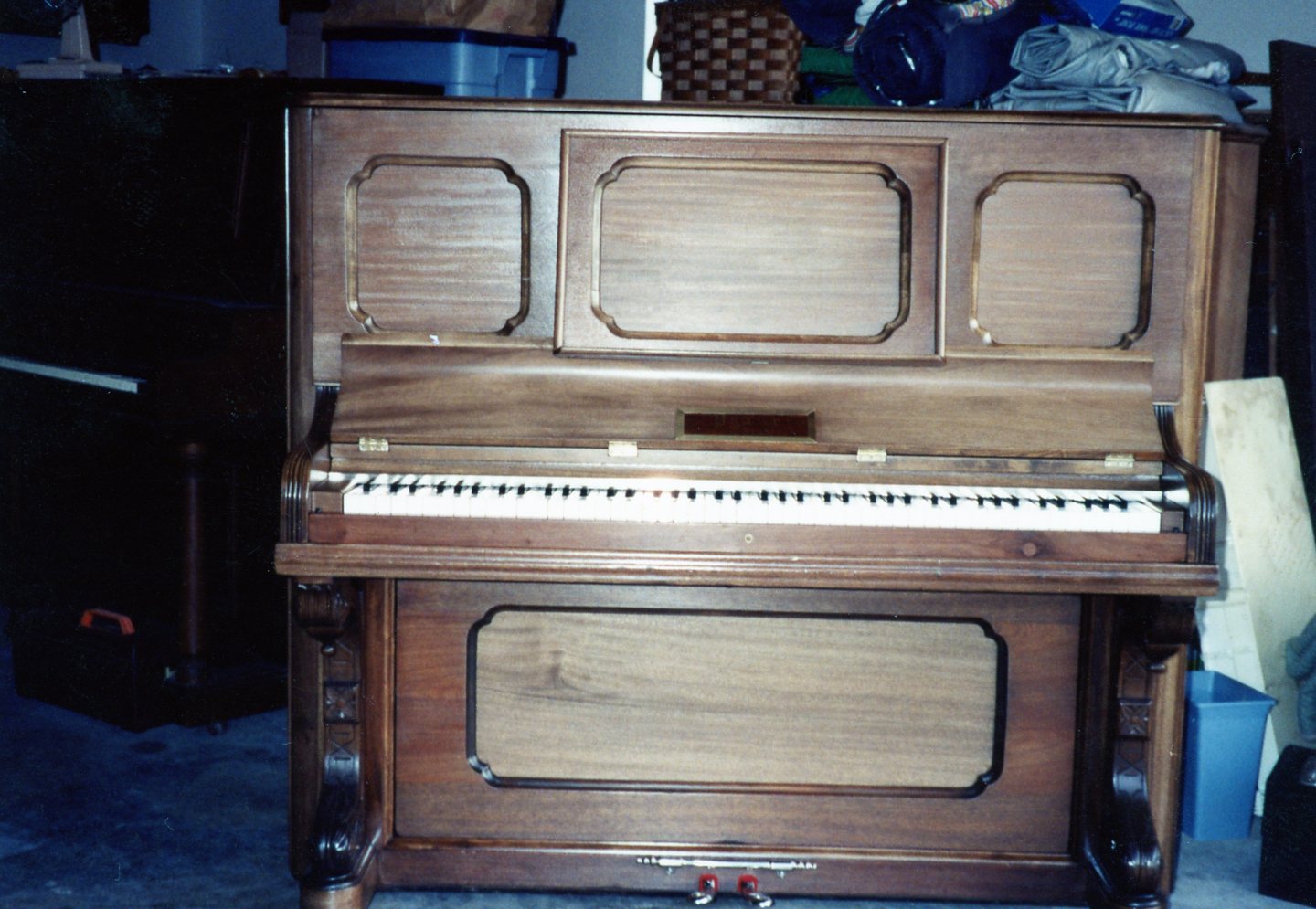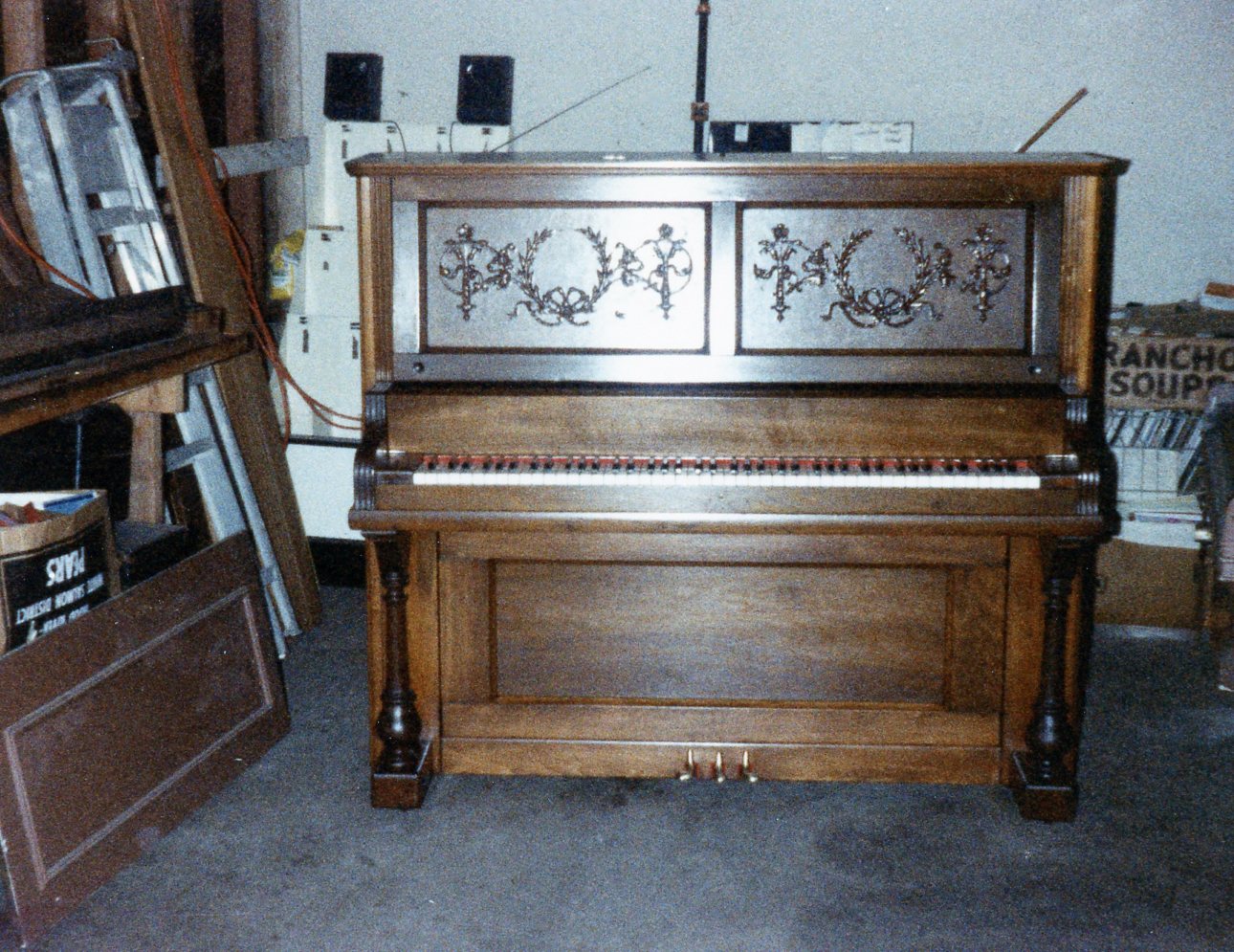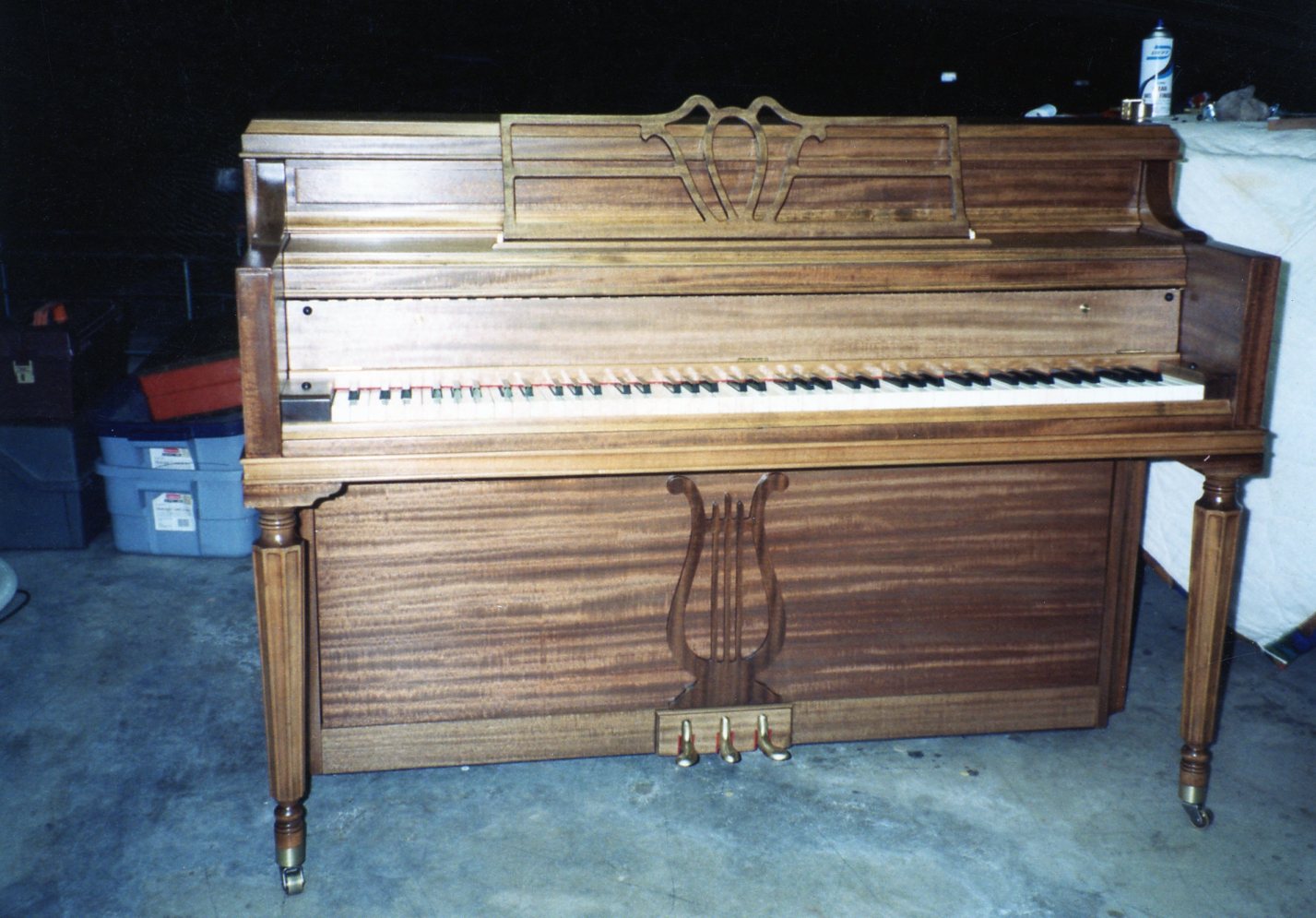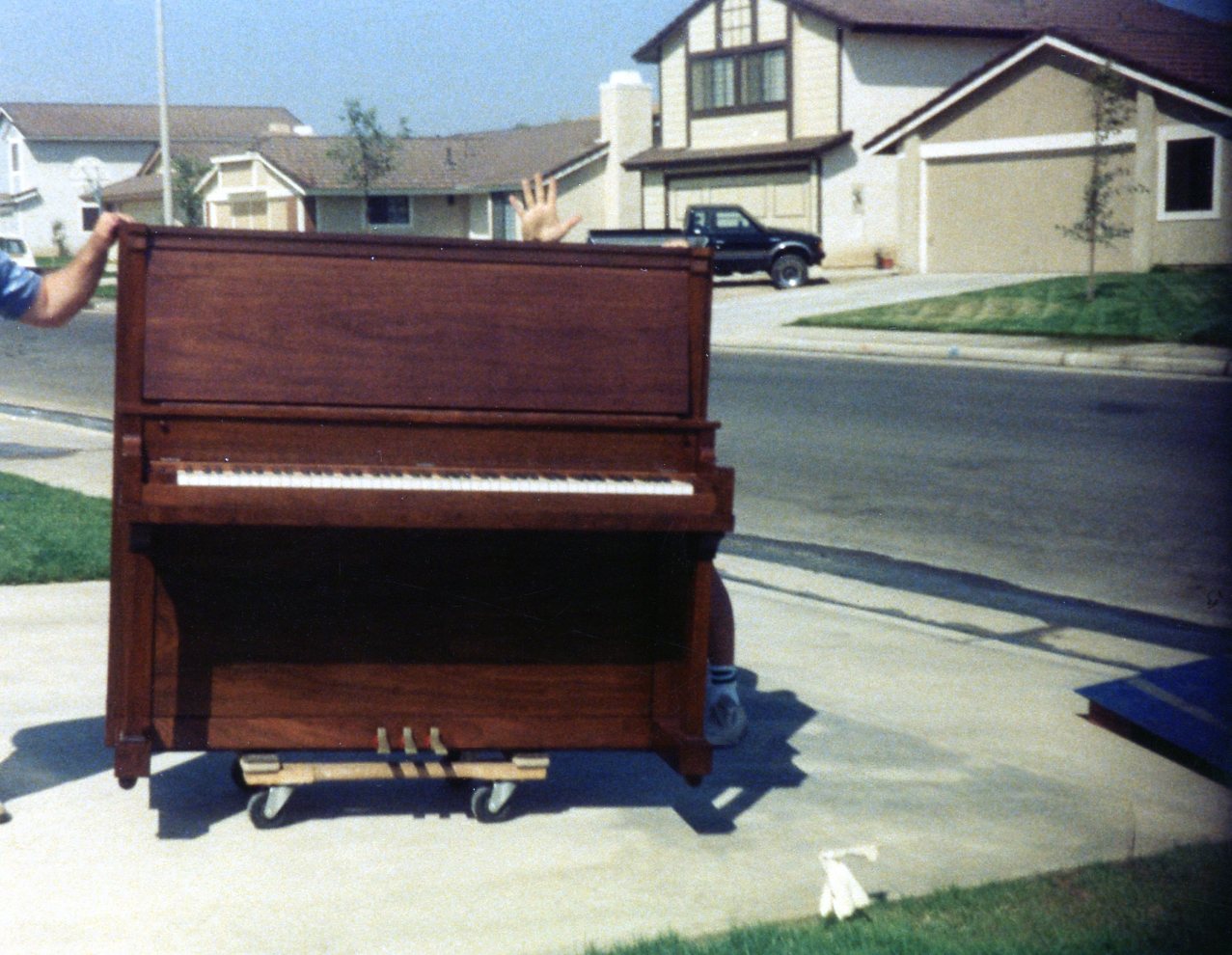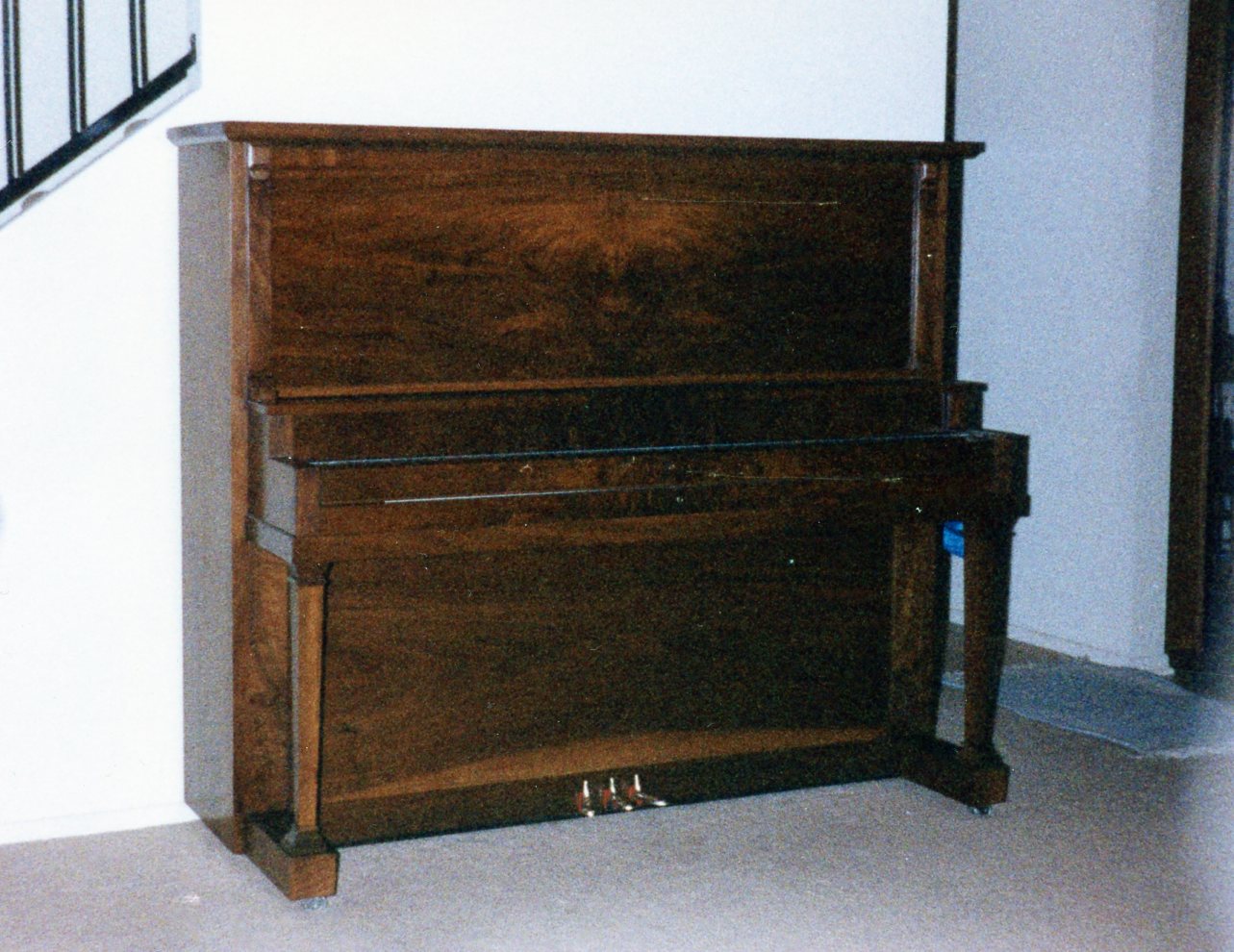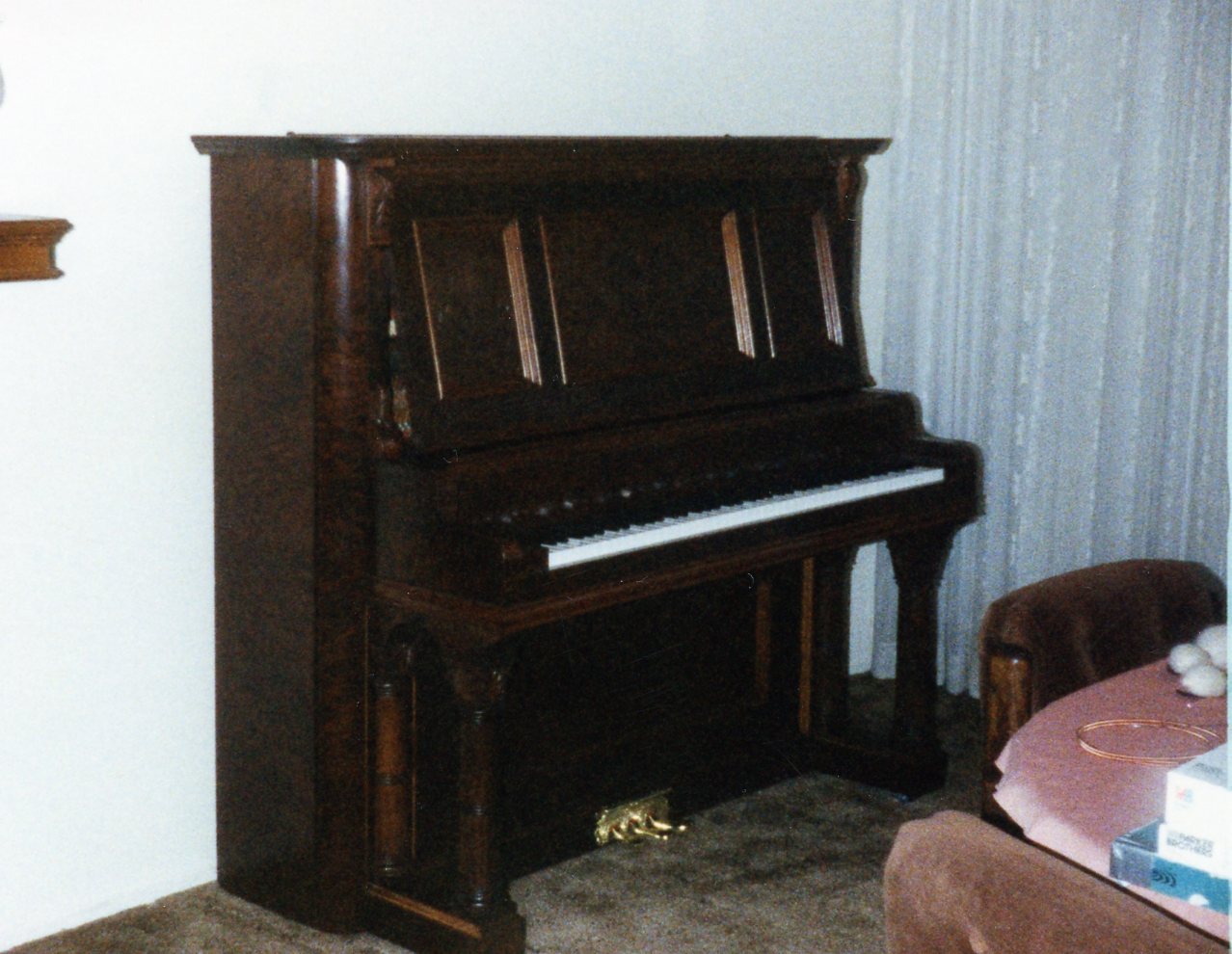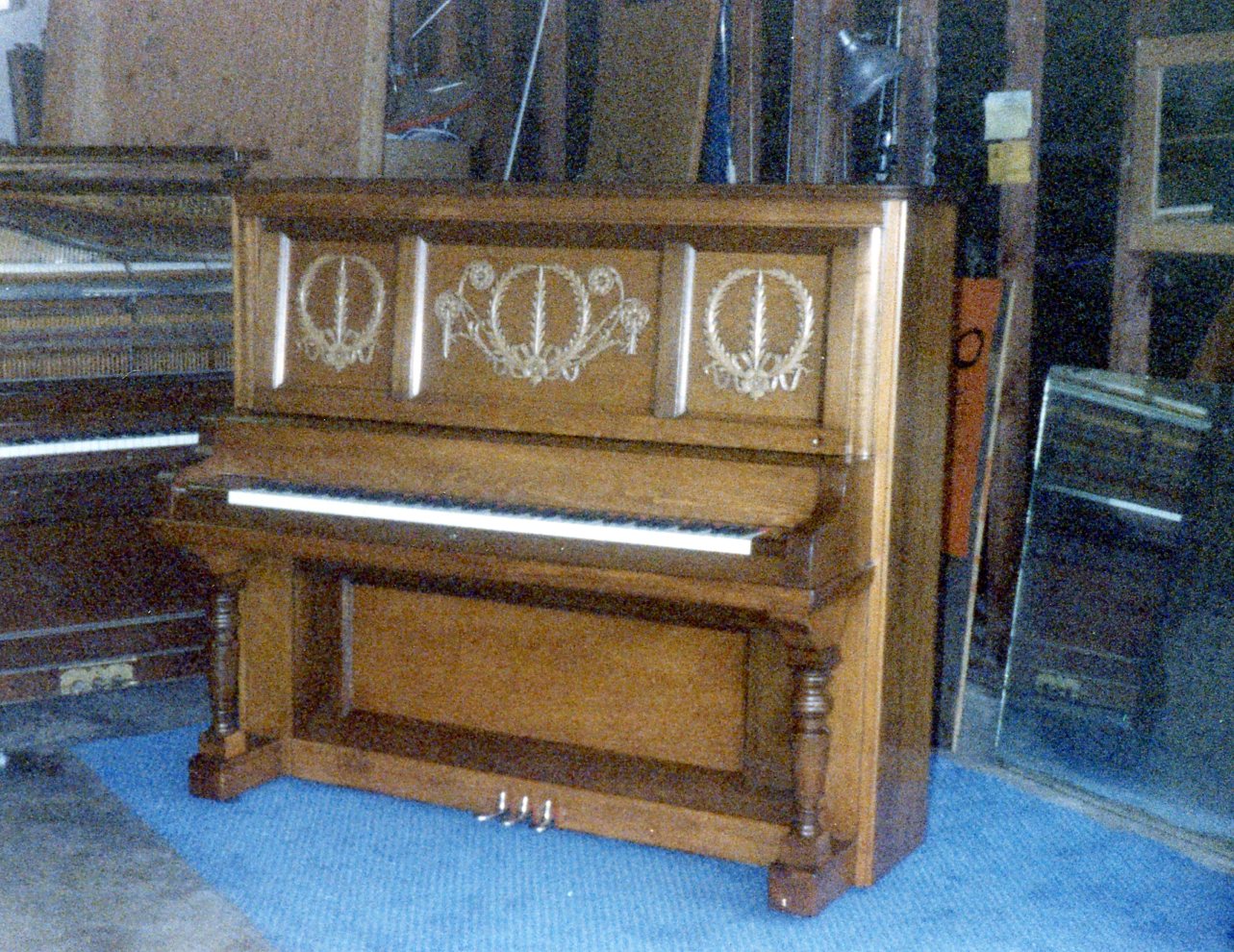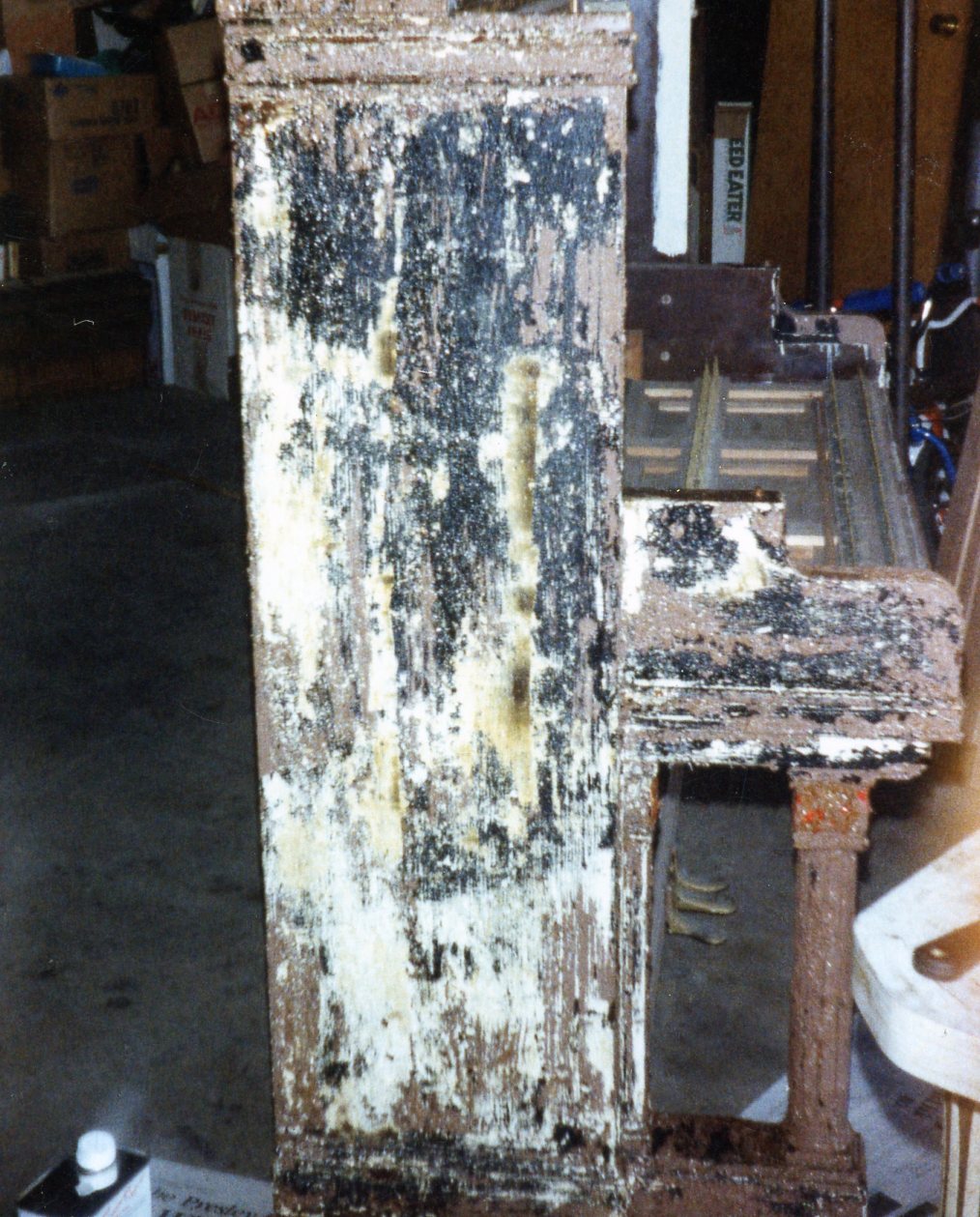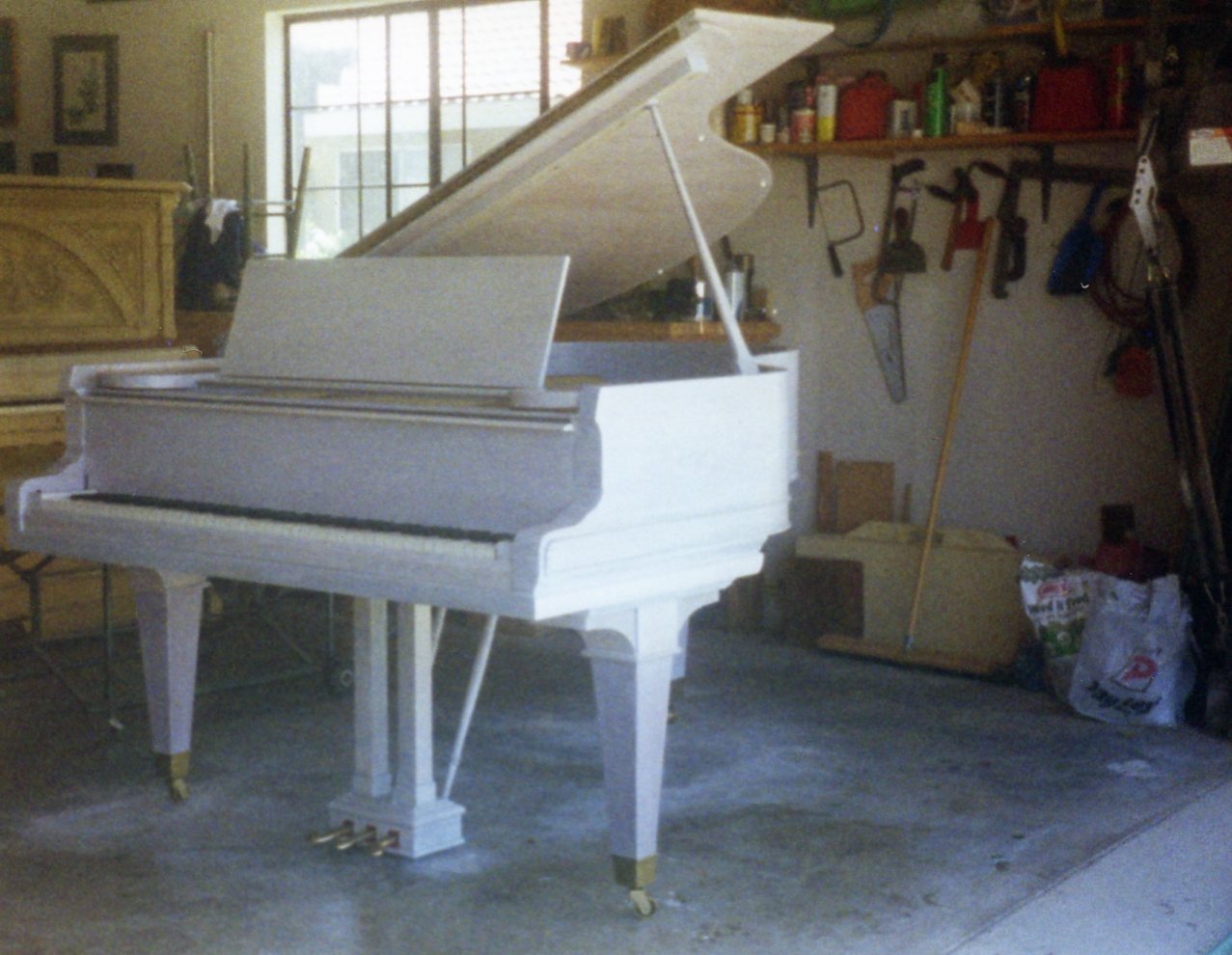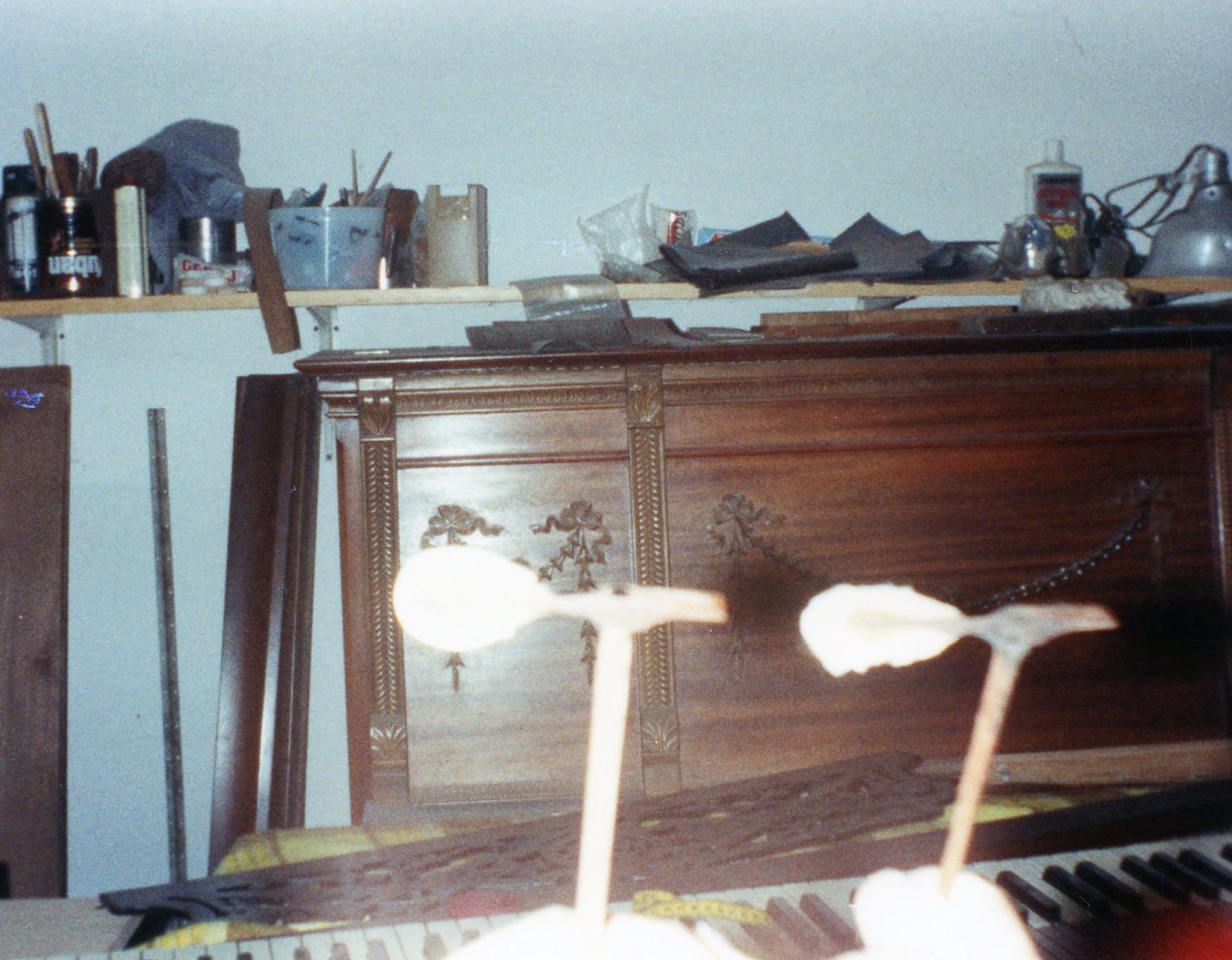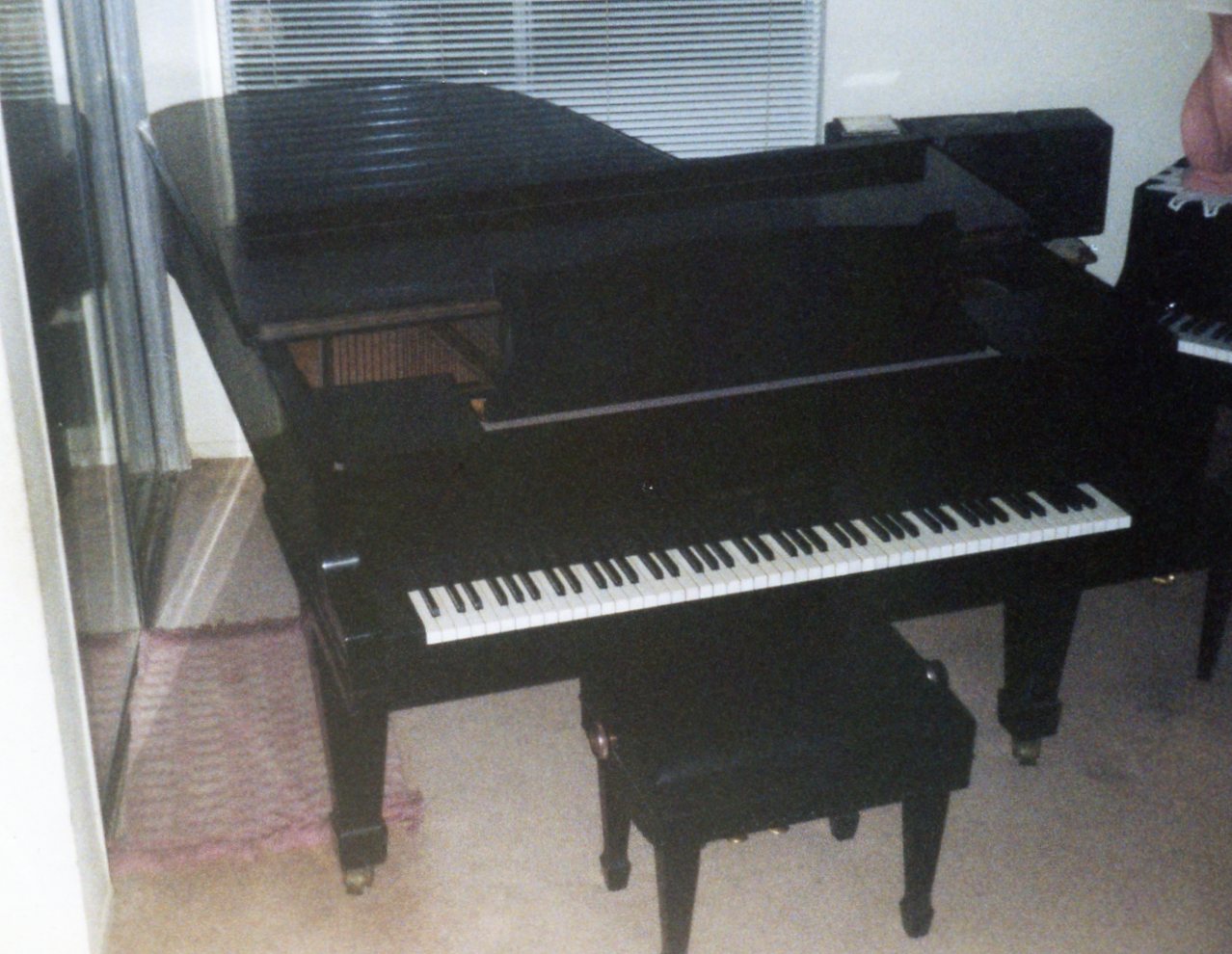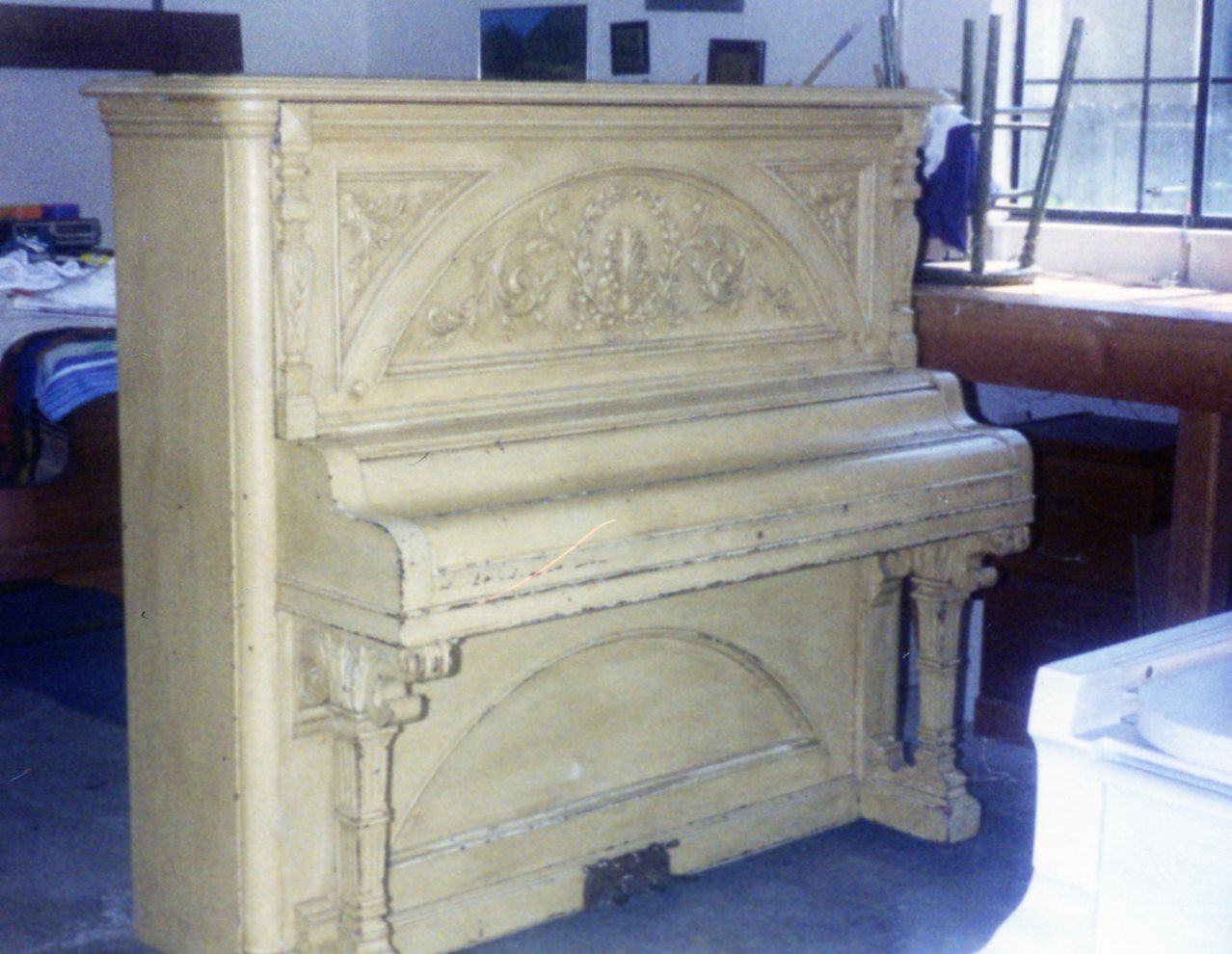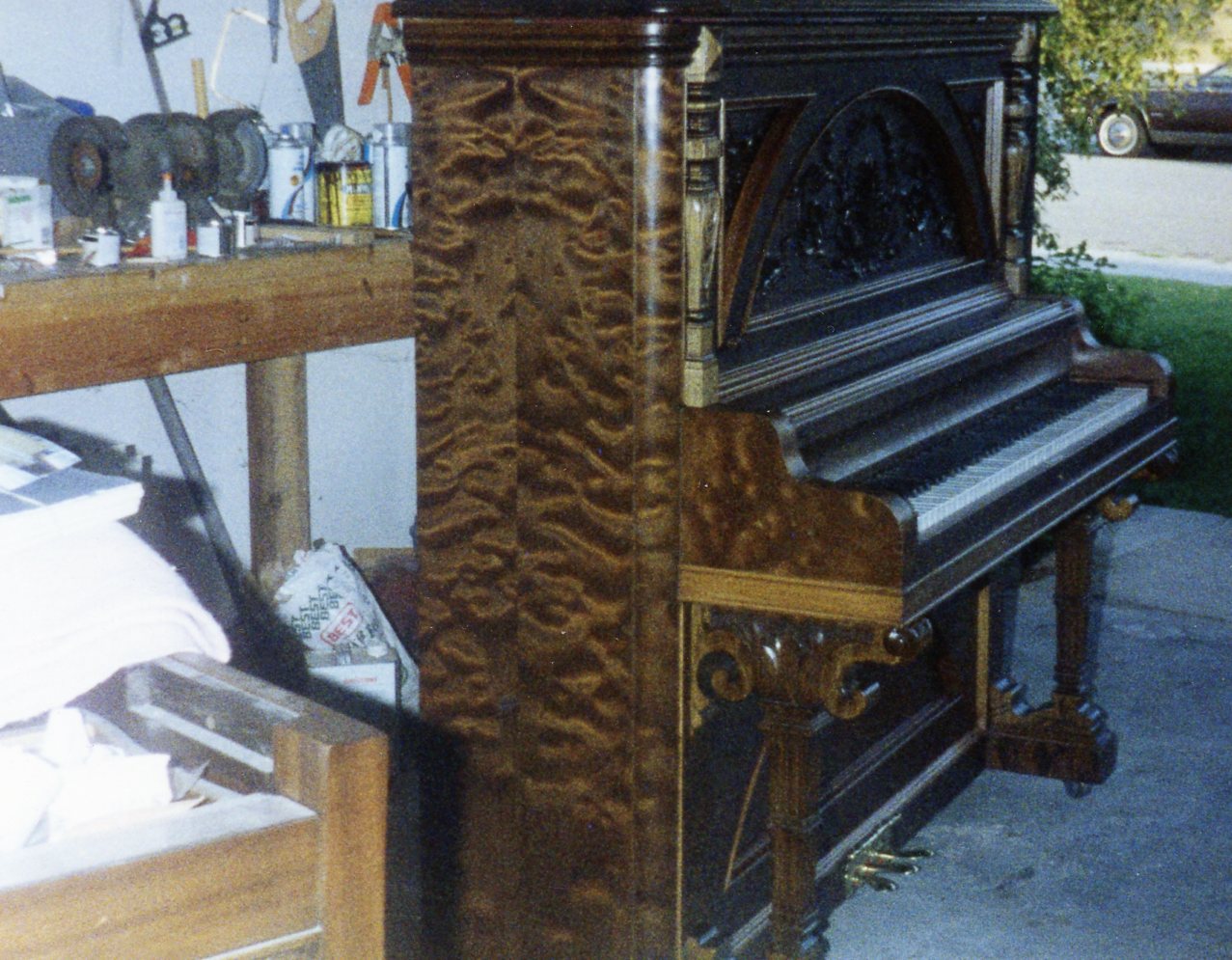Piano Tuning
For over 30 years John Douglas has been providing expert piano tuning and repair services to Temecula, Murrieta, Lake Elsinore and the surrounding communities.
Let John Douglas Keep Your Piano Tuned and Sounding Its Best
John Douglas has many years of experience tuning, repairing, refurbishing and refinishing pianos of all types. He got his early training in trade school and then did a 2-year apprenticeship working with an expert tuner by the name of Eugene Brown. His extensive experience rebuilding and refurbishing pianos over the years and also the fact that he is a piano teacher makes him uniquely qualified to assist you in keeping your piano in top condition and providing years of pleasure. John is also available to assist you in acquiring a fine quality instrument and ensuring that you get your money’s worth. As his customers will tell you, John is no nonsense and will not try to sell you expensive services or modifications you don’t need.
Testimonials
Satisfied Piano Tuning Customers
John was very pleasant to have in our home and did excellent work on our piano! He went the extra mile and repaired some things beyond our initial estimate at no extra charge. I highly recommend good service!
John has been taking care of my personal piano and my professional pianos at the schools that I have worked at for over 25 years! He’s the best! I would never recommend anybody else… Not only does he tune the piano beautifully, but he is also proficient in any mechanical maintenance issues… On top of all of that, he is also an excellent piano teacher!
I hired John Douglas to tune a piano at my residence in Temecula. John did a spectacular job tuning the piano and getting it in great shape for my daughter to play. He provided me with useful tips on the care and maintenance of the piano as well. I recommend him with highest praise.
I was looking for a piano tuner and found John Douglas through a Google search. He did a marvelous job and my piano which hadn’t been tuned in a number of years sounds like it is brand new! Reasonable price too and I noticed he focuses on getting the tuning job right, not the amount of time it takes. My piano is so much more pleasurable to play.
Piano Restoration Gallery
John Douglas has refurbished, restored, refinished and repaired many pianos over the years. This photo album provides a sampling of some of the projects he has completed.
Frequently Asked Questions
Regarding Piano Tuning
How often should a piano be tuned?
If I like the way my piano sounds after six months, then why should I have it tuned?
All reputable piano tuners will tune a piano to the International standard pitch known as A440. A440 means that the A above middle C vibrates at 440 cycles per second. The A is a reference point used to tune the rest of the keys on the piano. The A440 standard is important because it means the A on any piano will sound the same whether you are in the United States, Germany, Russia, Japan, etc. and will be able to be played along with other instruments as well like violins, cellos, guitars and so on. After six months, a piano will definitely have drifted away from the A440 standard.
Why is the A440 standard important if the piano just gets played in my home?
The A440 standard is important because as previously stated, it allows instruments of various types to play together at the same pitch. Perhaps more importantly, to the extent that one practices or sings with a piano that is not tuned to the standard, your ear adjusts to hear that as normal. Hearing flat as normal is not beneficial to someone singing in a choir or looking to get a part in a high school musical. In addition, as previously stated, a piano should be adjusted as little as possible to be stable. Too much adjustment will cause the piano to quickly slip out of tune resulting in a less than satisfied tuning customer. A piano that has been neglected for years will need to be tuned more than once before it reaches stability again.
What causes a piano to go out of tune?
What is a "pitch raise"?
If a piano has been neglected for some time the pitch may be significantly off. For example, an A may sound more like a G Sharp. At this point, a pitch raise is needed to get the A back up to sounding like an A. When the A (which is the tuning point of reference) is flat, all 87 of the other keys will be flat as well. One of the major challenges with raising pitch is the possibility of breaking strings. If a piano is old with rusty strings, the danger of string breakage is very high.
Other problems are caused by false beats in the wire. As a string is tightened the bends (formed by the bridge pins) in the wire may get pulled into the speaking portion of the string thus creating a fast wobbling sound that is almost if not impossible to eliminate. All pianos will have false beats to some extent (even the most expensive ones) so keeping the piano stable will help to hinder the formation of false beats. This is another reason why pianos should be tuned at least once every six months.
What sorts of difficulties do you encounter in tuning or repairing a piano?
As pianos age, things can affect the sound of a piano in a negative way and tuning alone might be insufficient. For example, when felt on the hammer heads becomes too dense and compacted, the tone quality will suffer and even with a tuning the piano is not acceptable. Hard hammers create a harsh, strident tone. Some use the word “tinny” to describe the sound. If your piano sounds like it belongs in an Old West Saloon, your hammers are too hard and you are way overdue for a tuning. At that point it is impossible to create beautiful music with good dynamic contrasts of soft to loud. All you get is loud and louder. In this case it is time for hammer voicing or replacement.
The most common problem with the playability of the piano is sticking or sluggish keys but the cause can vary. The most common reason for sticking keys is that something has fallen or gotten between the keys. Coins are the most likely culprit but anything thin like hair pins and bird seed (don’t put your bird cages beside the piano unless you are teaching them to sing and audition for America’s Got Talent). A seed the size of a pin head can sometimes render a key useless. Sometimes the felts wear out or parts get broken but usually it is something foreign that has lodged itself between the keys. I have found dolls, old pictures, hundreds of pencils and pens, business cards from former tuners, jewelry, Christmas ornaments and leaves. The strangest thing I found is a bat and I don’t mean the baseball variety. In such cases, the problem is usually fairly easy and inexpensive to fix. Grand pianos are a bit more complex as the keyboard may need to be taken out and partially disassembled to eliminate the sticking.
Other things like string replacement and action regulating contribute to the piano sound and playability. These topics will be addressed in upcoming blog posts on this website.
I can help you resolve many of the issues described above. If I feel I am not the right person to help you, I will be happy to refer you to one of my well-qualified colleagues. I can also refer you to a piano mover I have used for over 10 years.
How do I know if my piano is worth repairing?
How much does a piano tuning cost?
Assuming that the piano does not require repair and there are no other issues that need to be addressed, the cost is $175. When you call to schedule an appointment I will ask you several questions so I can give you an idea of the cost, including –
- The brand name and type (spinet, console, upright or grand)?
- The approximate age?
- How long has it been since it was last tuned?
- Has it been moved from a different climate zone?
- Are there any mechanical problems that you are aware of?
The last question is very important because sometimes a piano can’t be tuned until a problem with the action regulation is addressed first. Sometimes problems are minor and I can include the repair in the tuning at no extra charge. Otherwise I will let you know at the beginning of the job. Any information you can provide regarding possible problems is very helpful so I can schedule enough time. Also, if it is a grand piano, you may need to arrange some space to remove the keyboard.
Do you provide consultations for people Interested in purchasing a piano?
Contact Info
John Douglas Rancho Piano: Piano lessons for all ages and abilities, piano tuning and repair.
Address: 23139 Joaquin Ridge Drive, Murrieta, CA 92562
Phone: 951.677.5800
Email: [email protected]

